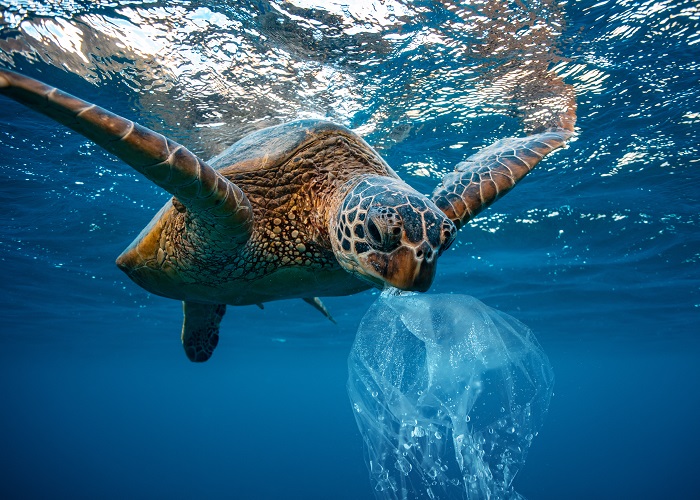
A lot of the trash and debris found in the oceans are direct results of poorly-managed waste efforts on land. The amount of trash generated by a single person in the U.S. each day is between two to five pounds. All of this litter can end up in the waterways, where it flows downstream into the oceans, destroying natural habits and ecosystems along the way.
Preventing Marine Debris
The most effective way to stop marine debris is to keep it from becoming waste in the first place. Pollution prevention efforts are most impacting when it starts at the source. The packing used for any purchase and the options to reuse materials are two primary areas of consideration. There is too little attention on the impact waste is having on natural resources, but about anything can be recycled if a region has established the capabilities and facilities necessary.
Your Personal Involvement
The EPA looks after corporate waste management and pollution prevention, but there are things you can do as a private citizen to improve the condition of the earth. Just being aware of the need to handle your garbage responsibility is the first step to take in promoting a healthier environment. Moving away from products manufactured by plastic bottle packaging suppliers and choosing reusable water bottles or food containers can help reduce waste. Encouraging the installation of water fountains or hydration systems can also limit how much plastic and paper are being thrown into landfills or waste systems.
National Efforts
There are not enough federal mandates for things like paper goods or plastic packaging. However, some states are working on their own to reduce waste. The state of California has enacted several initiatives that encourage consumers to turn to reusable grocery bags and drinking straws, to name a few.
More conscientious efforts can do wonders for the environment, especially in the area of marine debris. Do your part to eliminate waste and pollution at the source.